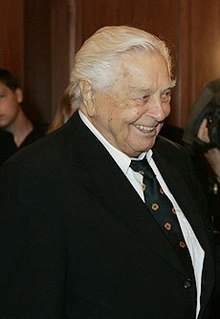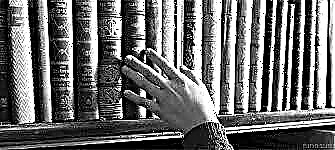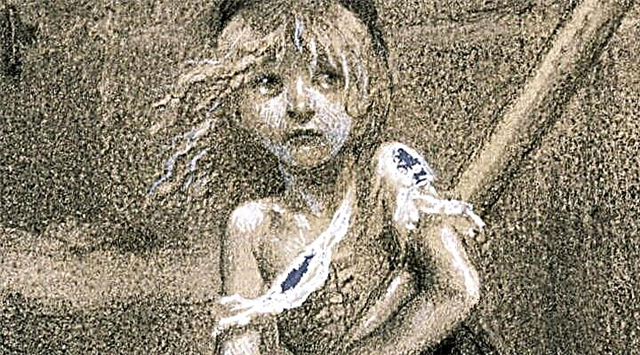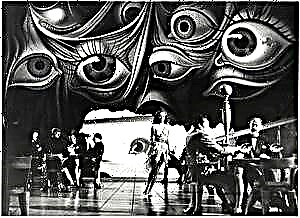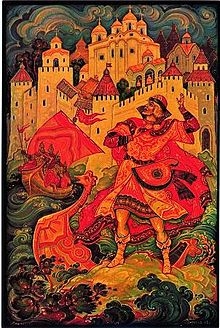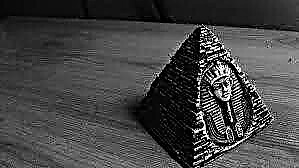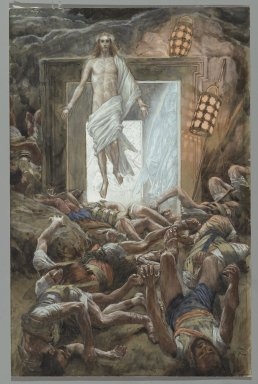The whole book is built on the border of the analytical, grotesque essay and satirical narrative. So what kind of creature is this - a Tashkent citizen - and what does she crave? And she craves only one thing - “Eat!”. By all means, at the cost of anything. And Tashkent is turning into a country populated by people who left Russia, as unnecessary, by Tashkent citizens. Tashkent is located where they beat in the teeth and where the legend of Makar has the right of citizenship, it does not drive calves, that is - everywhere. Tashkent exists both at home and abroad, and true Tashkent exists in mores and the heart of man. And although, on the one hand, wherever you spit, we have Tashkent people everywhere, on the other hand, becoming a Tashkent citizen is not so simple. In most cases, a Tashkent citizen is a noble son, his education is classical, and it evaporates immediately after leaving the school bench, which does not prevent the Tashkent citizen from being an architect and daring, because the gods did not burn pots.
Then the narrator goes on to his personal experience, recalls his upbringing in one of the military schools. The foundations of education are as follows: in the country there are no fruits of civilization; we should only transmit them, not looking at what we are transmitting. To carry out this noble cause, the hero is sent, of course, to Petersburg, where he gets an appointment with Pierre Nakatnikov, his former classmate, lazy dog and booby, who has reached some well-known degrees. Here the basic principles of civilizational activity are clarified: the Russian camp and the Russian cart; and most importantly, a Tashkent citizen receives money from the treasury for official educational needs; gets on a train and ... comes to life either in Tula, or in Ryazan province - without money, without things; remembers nothing but one: "I drank ...".
Well, now, at least our own, Russian provinces would be civilized if this could not be done with foreign ones. To this end, to the general’s cry: “Guys! God with us!" - in summer Petersburg, tormented by the flood (the Peter and Paul Fortress, the last stronghold, tore off and was already sailing), Tashkent prospectors gathered.
The selection of eligible people was based on national-religious grounds: four hundred Russians, two hundred Germans with Russian souls, thirty-three foreigners without a soul, and thirty-three Catholics, who justified themselves by not going to any church. The assimilation work begins: they shorn the cut-off girls on Nevsky Prospect; at night they burst into uninvited apartments, which have books, paper and feathers, and they all live in a civil marriage. Fun unexpectedly breaks when a Tashkent citizen mistakenly flogs state adviser Peremolov.
The author describes the following specimens of Tashkent residents as belonging to the preparatory category. So, Olga Sergeevna Persiyanova, an interesting widow who has flown to Paris, has a son Nicolas, a clean "doll" who is brought up by an aunt and uncle to make him a noble person. As mummy is convinced, having returned home and catching her “doll” at an already more or less mature age, the goal was successfully achieved. But the full credo of the young offspring takes place in the estate of Perkali, where he comes for summer vacation and where he meets with his neighbor, a little older than him, Pavel Denisych Mangushev. A young Tashkent man and his mother are already deploying their slogans and banners: I’m not making revolutions, I’m not making conspiracies, I’m not joining secret societies, leave at least women to my lot! .. Nihilists are the most empty and even scoundrels ... nowhere else he doesn’t live calmly, as in Russia, just to do nothing, and no one will touch you ... In the company of a swearing Tashkent man who preaches that they, landowners, should remain at their posts, are honed, at dinner and libations, for inspection stables, and other formulations: our Russians feel more inclined towards field work, they are dirty, but for plow - it’s a charm ... But the holidays end, hateful studies somehow end, mommy buys a crew, furniture, arranges an apartment - “real nest ", from where the Tashkent gray is heard, turned to an unknown enemy:" And now we will fight! .. "
And a new type of Tashkent citizen with the label “executioner” flies onto the stage. This person is one of the pupils of a closed educational institution for children from poor noble families, and the action takes place in the late 30s. Khlynov was nicknamed the “executioner” because, having learned that his superiors were going to expel him for unprecedented laziness, he filed a petition to identify him as executioner anywhere at the discretion of the provincial government. Indeed, the measure of cruelty and power in this unfortunate stupid unseen. His fellow practitioners tremble and are forced to share provisions with him, while the teachers, taking advantage of the fact that Khlynov himself trembles with all the authorities, scoff at him mercilessly. The only friend of Khlynov is Golopyatov, nicknamed "Agashka". Together, they stoically endure weekly flogging, spend together recreation, either mercilessly mutating each other, then sharing experience, which of the uncles how to fight; now falling into a dull numbness, then drinking a fowl somewhere in a dark corner. Relatives remember Khlynov only before the start of the summer vacation, then they take him to the estate, which stands in the middle of the village of Vavilova.
In addition to the executioner’s father and mother, Pyotr Matveich and Arina Timofeevna, their two teenage sons live there, their old grandfather Matvey Nikanorych and brother Sofron Matveich. The family suspects that the grandfather is hiding his money somewhere, watching him, but he can’t track anything. Pyotr Matveyich holds the glory of a dashing police officer, but he does not know how to drag anything from his raids into the house. "Tear it up!" - instructs Hlynov, the old man of Hlynov, the father. "... I know my duties very much!" - Peter Matveich answers it. The "executioner" happily left home for the school: let the aliens tyrannize better than their own. But now he cherishes one hope - to end the hated studies and get a military service. For such freedom of thought and disobedience, daddy fights him like a goat. Execution affects all households. The Executioner pretends to be dejected; in fact, water is off him like a goose. Returning to the educational institution, “Executioner” learns that the guardian gives “Agashka” to the regiment. Friendship for the sake of "Agashka" decides to help a friend. Together, they row so that in a few weeks they are excluded. Joyful and excited, they encourage each other: “We will not be lost!”
The Tashkent citizen from the following essay, apparently, is the opposite of “The Executioner” and “Agashka” in everything. Misha Nagornov, the late son of state adviser Semyon Prokofievich and his wife Anna Mikhailovna, from early childhood to his coming into independent life, always, in everything and everywhere pleased his parents, mentors, teachers, and comrades. The more Misha grew up, the more compassionate and understanding he became. In early childhood, he was pious, at school he was always the first student - and not for some reason, but just for him it was joyful and natural. Judicial reform in time coincided with the last years of study of Mikhail Nagornov. Young people are entertained by representing a jury, a prosecutor, a lawyer, and judges. Nagorny is still tempted to go along the lawyer's path, monetary, brilliant, artistic, although he understands that the prosecutor’s career is more solid, and more reliable, from the state point of view. In addition, the father categorically demands that his son become a public prosecutor. The ease and accessibility of a career, a plentiful and satisfying jackpot - all this distracts the heads of Tashkent residents that have not yet been completed. The ruble, peering out of the pocket of a naive simpleton, prevents them from sleeping. Finally, the last exam was passed; future lawyers and prosecutors who have learned the lessons of demagogy and unscrupulousness (just to grab their bold piece) are scattered among the hardships of St. Petersburg.
The hero of the last biography, Porfisha Velentyev, is a Tashkent citizen of the purest water, all the logic of his upbringing and education leads him to the perfect ability to mint coins from the air, he is the author of the project, entitled: “On providing collegiate counselor Porfiry Menandrov Velentyev in partnership with Vilmanostrandrand "By Vasily Vonifatyev Porotoukhov into the duty-free twenty-year operation of all forests belonging to the treasury for the necessary thereof, for twenty years, the destruction”. Porfiry’s father, Menander, received a brilliant spiritual education, but did not go to the priests, but as an educator to the family of Prince Obolduy-Shchetin-Ferlakur. Thanks to the princess, he flabbled, and later received a very favorable position as an official who taxed distilleries. He married a second-cousin niece of a princess from a seedy Georgian-Ossetian family of princes Krikulidzev. Both before and after the marriage, Nina Irakliyevna was engaged in speculation on the sale and purchase of peasants, their transfer to soldiers, the sale of recruitment receipts, and the purchase of souls. But the main teachers of Porfisha Velentyev in gaining baiting skills were the alleged mama’s relatives, Azamat and Azamat Tamerlantsevs. They are so screwed into the household, family, that it is impossible to sweep them out with a broom. Servants revered them for their own, Porfishe they show tricks with the appearance and disappearance of coins, the child’s weak echo of their cartel cheating earnings. Another shock to the young Velentyev is the political economy lessons that he receives at his school. All this makes him look with contempt and down upon the naive, in recent times, efforts of his parents. And already Menander Semenovich Velentyev senses in his son, with his most naive ways of accumulating wealth, the reformer who will destroy the old temple, the new one will not erect and disappear.

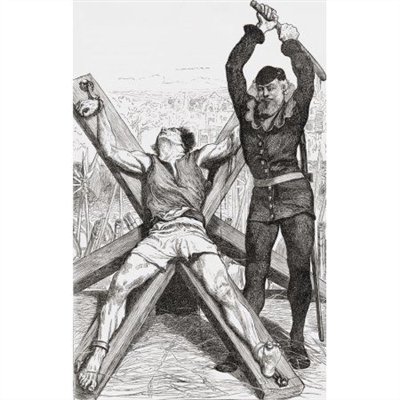
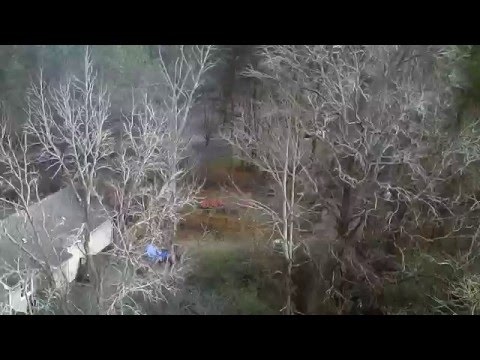 Ikaromenipp
Ikaromenipp